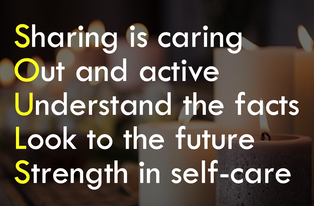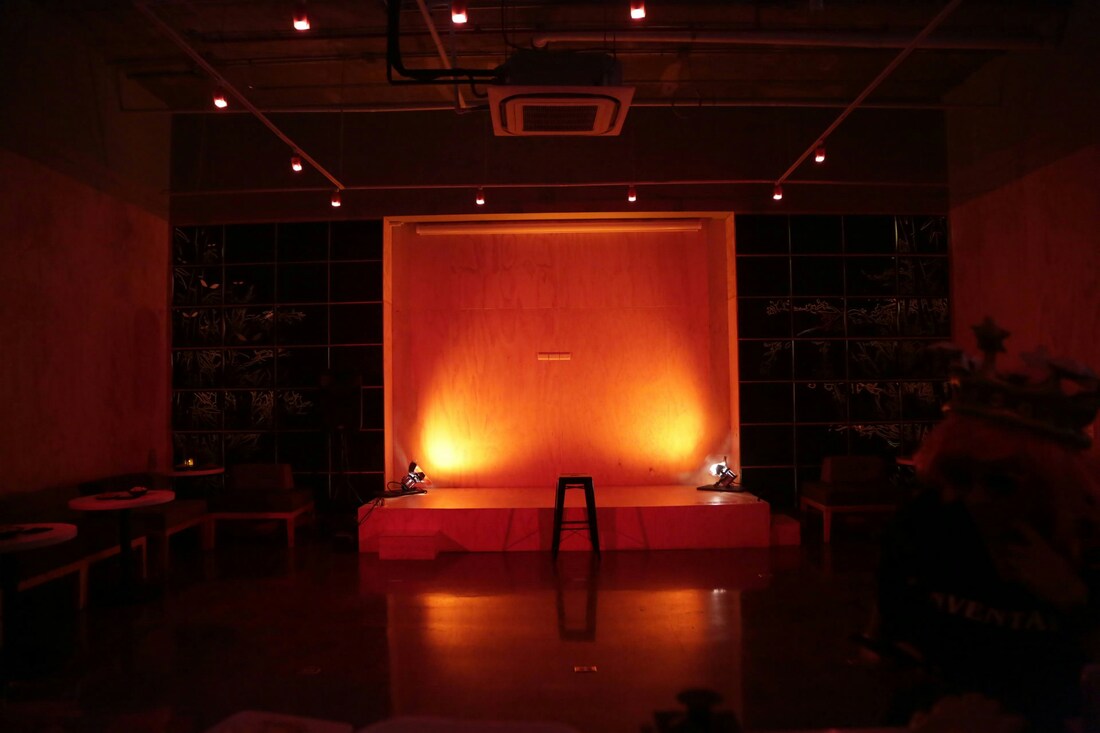The Psychology behind "Baby Reindeer": The Window into Parasocial Relationships and Obsession8/5/2024
0 Comments
The seeming willingness to take more and more on, the swan on top of the water with the feet scrabbling to stay afloat. Sound familiar? You are not alone - just remember to B.R.E.A.T.H.E.
3 out of 4 UK adults have felt so stressed at some point over the past 12 months they have been overwhelmed or unable to cope. The “busy but I’ll be okay” can soon turn to “too much to handle” with the smallest of things, the straw that broke the camels back as the saying goes. Between university, work, family and social commitments, one can suddenly feel overwhelmed with the smallest thing snowballing to cause unnecessary stress feeling difficult to manage, toppling the ever towering Jenga of life.  What if I told you there's a way to retrain your brain to view presentations as exciting opportunities, not terrifying ordeals? Enter the world of Cognitive Behavioural Therapy (CBT) and its powerful technique: Cognitive Restructuring. Cognitive Restructuring 101: From "I Can't" to "I Can!" This technique equips you to challenge and change negative thought patterns that hold you back. When it comes to public speaking, these patterns often sound like the voice of an imposter, whispering doubts and anxieties. This is known as Imposter Syndrome, we all have it - and believe me after over 3 years of Lecturing - it doesn’t go away .  The continual presence of mobile phones among school children in England has reignited conversation within educational circles regarding whether they should be allowed, fully banned, and if the risks of going mobile-free for our children outweigh the benefits. Focusing on both the advantages and disadvantages, challenges, and implications of banning mobile phones in schools, we must address the need for technology within our ever-adapting environment in the current education field.  Picture the twists and turns of life commitments, be it work, family or a need to keep up with friends and social bookings. Our daily grind, although rewarding at times, can almost feel relentless - a never-ending rollercoaster of commitments and societal pressures. In this looping pursuit, we often forget something crucial: the human need to hit the pause button. Just to step off to the side-lines for a moment to escape the daily buzz can be a game-changer for our well-being.  You may have woken to hear the term Blue Monday and begin cancelling plans for today knowing it will be your saddest day of the year, and you are not alone. The infamous Blue Monday is upon us, the 3rd Monday in January and those around may discuss why this is our most depressing day, even search out for reasons that it is - that in there lies the problem.  In March 2020, society ground open day to a halt, human face-to-face interaction ceased and the world went in to a lockdown. To some this is a moment that produced fear and anxiety of the threat to health, both physically and mentally. For others it was a time where the stresses and strains of everyday life were suddenly removed. We had no choice but to stay at home, metaphorically locked in to our houses to contain spread of the virus.  The world seems to be divided into two parts of the day: those who see the sunrise, and those who see the sunset. The chirpy enthusiasm of the early morning workouts and #5amClub may fill some with fear, dread or even admiration and sheer wonder. The two separate camps set their sights on a winged creature; the early bird ‘lark’ or the night ‘owl’. However within our bustling landscape of modern life, our sleep patterns are more than just a matter of routine (or birds); they are deeply rooted in our individual personalities. The Aftermath of Love Island – the Social Media battleground and its impact on mental health.2/8/2022  With the Love Island Final set to be watched by over 5 million people, the remaining couples in the villa are inching closer to a potential win of £50,000, as well – of course – their one true love? After the whispers of love and emotion are declared, the winners are announced, the prize money is received and the Spanish dust settles, what happens then? Weel, for the contestants themselves, they are catapulted into a life of media management, meet and greets, and social media fame – but what happens to them and the 5 million people who watched their declarations of love for the world to see, hashtag, and comment on.  Amongst the sun, sea, and sponsorship deals, lies a villa in the heart of Majorca. A villa adorned with swimwear, sunscreen, and over 70 cameras watching the every move of a conveyor belt of contestants, heading to the summer hottest reality TV show. This ladies and gentlemen, is Love Island. Love Island has been on our screens since 2015 and now beginning it’s 8th series, with around 36 contestants gracing our screens over the 8 week show. So, is Love Island just Gen Z’s using their time on the daily primetime show to gain media fame and followers - or is there an underlying social experiment behind the love searching singletons than meets the eye - absolutely. The popularity of Love Island first of all is seen by the daily ritual of a 9pm primetime slots, whereby over 3 million people (ITV, 2022) watched the trials and tribulations, the love and laughter, the heart make and heart break of the opening episode for this years extravaganza. This 8 week reality shows may give the general public viewers an element of escapism from everyday affairs, watching the drama unfold with real people and real lives. So what makes this show so popular, and why do we watch it? What is the drive behind the storylines, is there more to it than just looking for love - and why are we so invested? When we look to set a goal or a behaviour change, whether it be sometime throughout the year, or the inevitable "New Year New Me" Resolution, we want them to succeed. This gives us a sense of achievement and fulfilment, as well as a positive behaviour change that may support our lives, health and wellbeing. The struggles with resolutions can range from setting a goal unattainable with your life and work commitments, to facing obstacles and not being able to overcome them. With this, a 5 step process has been suggested as a way to SMASH your Resolutions - that can may I add, be made any time of the year, not just January 1st!
 As the government reintroduces it’s work-from-home guidance, many are feeling their sense of normality slowly slipping, reversing back to the groundhog days of 2020. Discussions of reverberating rules and restrictions echoing back and forth can lead one to feel exhaustion, fatigue and anxiety of the future. Recent research has found that although adherence to measures remains high, people are suffering with the seemingly backwards step so close to the festive holidays. This feeling of tiredness and exhaustion is termed “Pandemic Fatigue” or “Restriction Fatigue”, simply put - it’s at the point where short term measures and behaviour adaptations to the pandemic become longer term and longer lasting, without an end point in site. When the goal posts are moved and moved, the sprint becomes a marathon and the adherence to measures becomes more of longer lasting behaviour change, seeping in to our new sense of normality. |
Dr MolitorDr Rachael Molitor Archives
May 2024
Categories |


 RSS Feed
RSS Feed